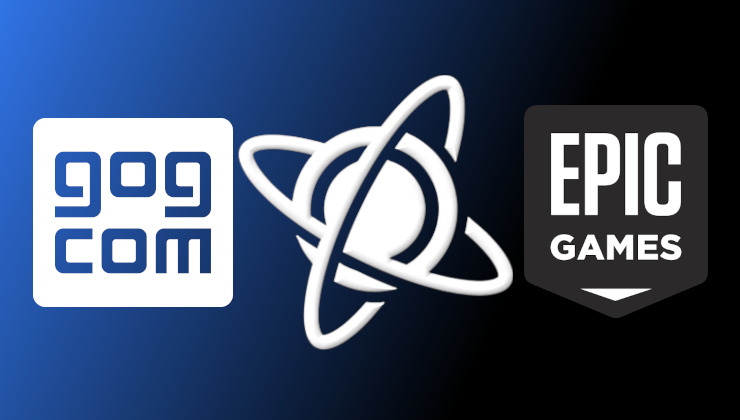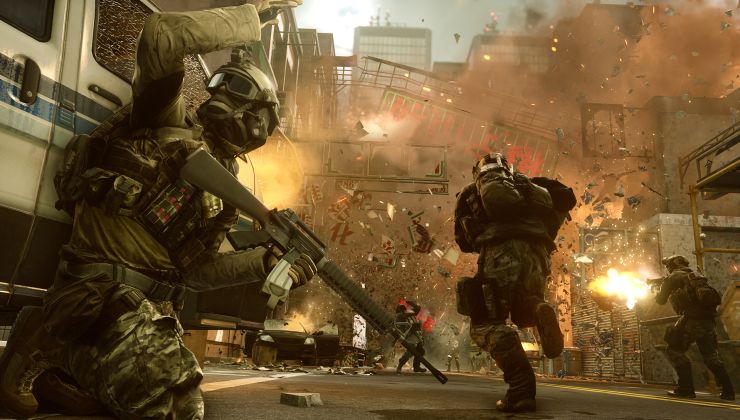Article Search
Below you can search based on article tags
Not finding what you're looking for? Ask for help in our  Discord Server.
Discord Server.
- ProtonPlus makes managing Proton versions on Linux, SteamOS and Steam Deck simple
- Happy Birthday, GamingOnLinux - 16 years today
- Stop Killing Games consumer movement hits some major milestones
- Mecha BREAK is out now on Steam - works on Steam Deck but blocks Desktop Linux
- THE FINALS to get new kernel-based anti-cheat, devs say it will still work on Linux, SteamOS, Steam Deck [updated]
- > See more over 30 days here
Recently Updated
 How to play games from GOG and Epic Games on Linux, SteamOS and Steam Deck
How to play games from GOG and Epic Games on Linux, SteamOS and Steam Deck How to get Battlefield 3 and Battlefield 4 online working on Linux, SteamOS, Steam Deck
How to get Battlefield 3 and Battlefield 4 online working on Linux, SteamOS, Steam Deck